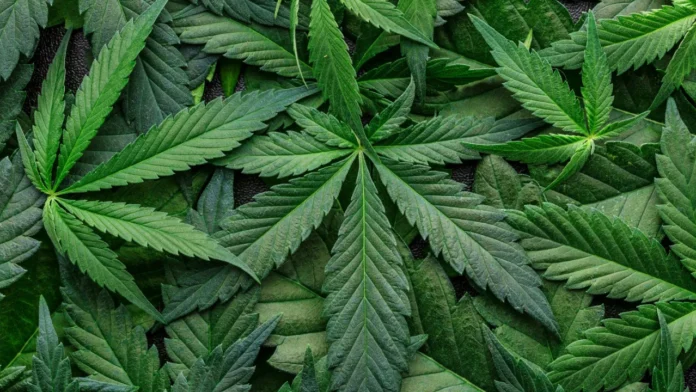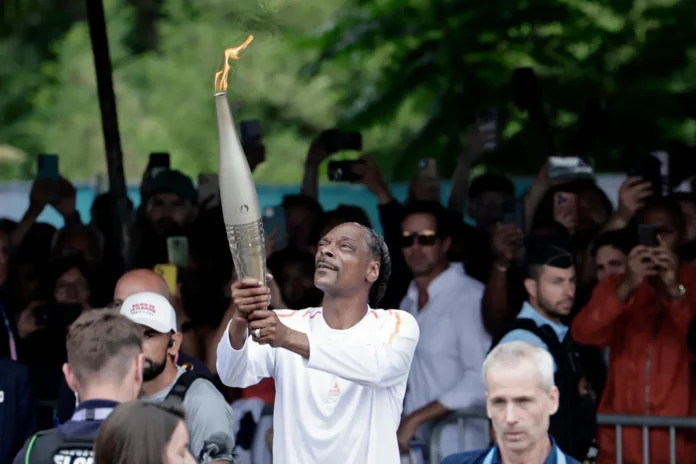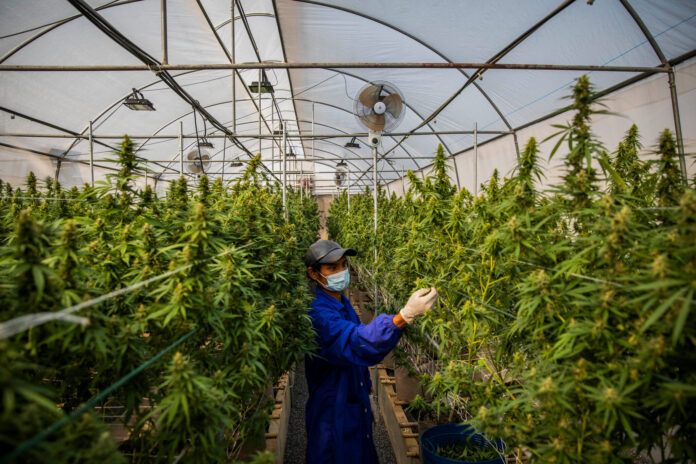In an exciting step forward, the National Health Service (NHS) in the UK has announced a clinical trial scheduled for 2025. The trial will explore the potential benefits of medical cannabis in treating refractory epilepsy, a severe form of the disorder that resists conventional treatments. This trial marks a critical moment in medical cannabis research, particularly for patients who have exhausted other options.
Key Takeaways:
- NHS Trial in 2025: The NHS will trial cannabis-based treatments for refractory epilepsy in adults and children.
- Trial Design: Led by University College London and Great Ormond Street Hospital, the trial will involve 500 participants over 24 weeks, testing both CBD and THC products.
- Goal: The trial seeks to provide scientific evidence on the effectiveness of cannabis for seizure control and quality of life.
- Potential Policy Impact: Success could lead to wider medical cannabis access in the UK.
- Supply: Ananda Developments will provide the cannabis for the trial.
Addressing a Critical Need
Refractory epilepsy affects both adults and children, leading to frequent and severe seizures that are often unmanageable with standard anti-epileptic drugs. Many patients and families have been advocating for broader access to cannabis-based treatments, given anecdotal reports of reduced seizures with cannabis extracts, particularly cannabidiol (CBD).
However, much of the evidence so far remains limited, and regulated trials are essential to build clinical knowledge and ensure safety. The NHS’s trial aims to bridge this gap by providing rigorous data on the impact of cannabis on epilepsy patients.
Structure of the Trial
The study will be led by experts from University College London (UCL) and Great Ormond Street Hospital, two major institutions with experience in neurological research. The trial will involve around 500 participants, both adults and children, who suffer from refractory epilepsy. These individuals will be monitored over a 24-week period to assess changes in seizure frequency, sleep quality, behavior, and overall quality of life.
One unique aspect of this trial is that it will examine the effects of both CBD-only products and formulations containing tetrahydrocannabinol (THC), the psychoactive compound in cannabis. This dual approach will allow researchers to evaluate whether THC adds any significant therapeutic benefit in combination with CBD.
Potential Impact on Medical Cannabis Policy
If the trial yields positive results, it could pave the way for broader NHS prescriptions of cannabis-based products. Currently, access to medical cannabis in the UK is tightly regulated, with only a handful of patients receiving it through specialist prescriptions. This study could provide the evidence policymakers need to expand access and offer more patients this potentially life-changing treatment.
Supply Chain and Research Collaboration
The trial will be supported by Ananda Developments, a UK-based company specializing in the cultivation and supply of pharmaceutical-grade cannabis. Ananda’s involvement ensures a consistent and high-quality product for the trial, a crucial factor in maintaining the integrity of the research.
Conclusion
The NHS trial set for 2025 offers new hope to individuals and families affected by refractory epilepsy. If successful, it could reshape the medical cannabis landscape in the UK, making these treatments more accessible to patients in need. The results will not only impact public health policy but could also inspire further research into cannabis-based therapies for other chronic conditions.
This initiative is a promising step toward validating the therapeutic potential of cannabis while balancing safety and scientific rigor. As families across the UK wait for the trial to begin, many are hopeful that this study will mark the beginning of a new era in epilepsy treatment.
Past UK Cannabis Studies
The value of real world evidence: The case of medical cannabis (Schlag et al., 2022)
- This paper explores the challenges of using randomized controlled trials for cannabis-based products and highlights the importance of real-world evidence in expanding patient access and understanding the effects of cannabis-based medications.
Developing a real-world evidence base for prescribed cannabis in the United Kingdom: Preliminary findings from Project Twenty21 (Sakal et al., 2021)
- Project Twenty21 focuses on gathering real-world data on the effectiveness and safety of medical cannabis prescribed in the UK. Initial findings indicate improvements in health outcomes and patient-reported well-being.
Medical cannabis in the UK: From principle to practice (Schlag et al., 2020)
- This study discusses the gap between patient demand for medical cannabis and the limited availability of prescriptions through the NHS, exploring solutions to address this disparity.
An observational study of safety and clinical outcome measures across patient groups in the United Kingdom Medical Cannabis Registry (Olsson et al., 2023)
- The study reports on clinical outcomes and safety of cannabis-based medicines, indicating improvements in patient-reported outcomes across chronic conditions with relatively few adverse events.
An updated analysis of clinical outcome measures across patients from the UK Medical Cannabis Registry (Ergisi et al., 2022)
- This paper presents further analysis of patient outcomes, finding significant improvements in anxiety, sleep, and overall quality of life among cannabis users.
Photo by Nicolas J Leclercq on Unsplash












